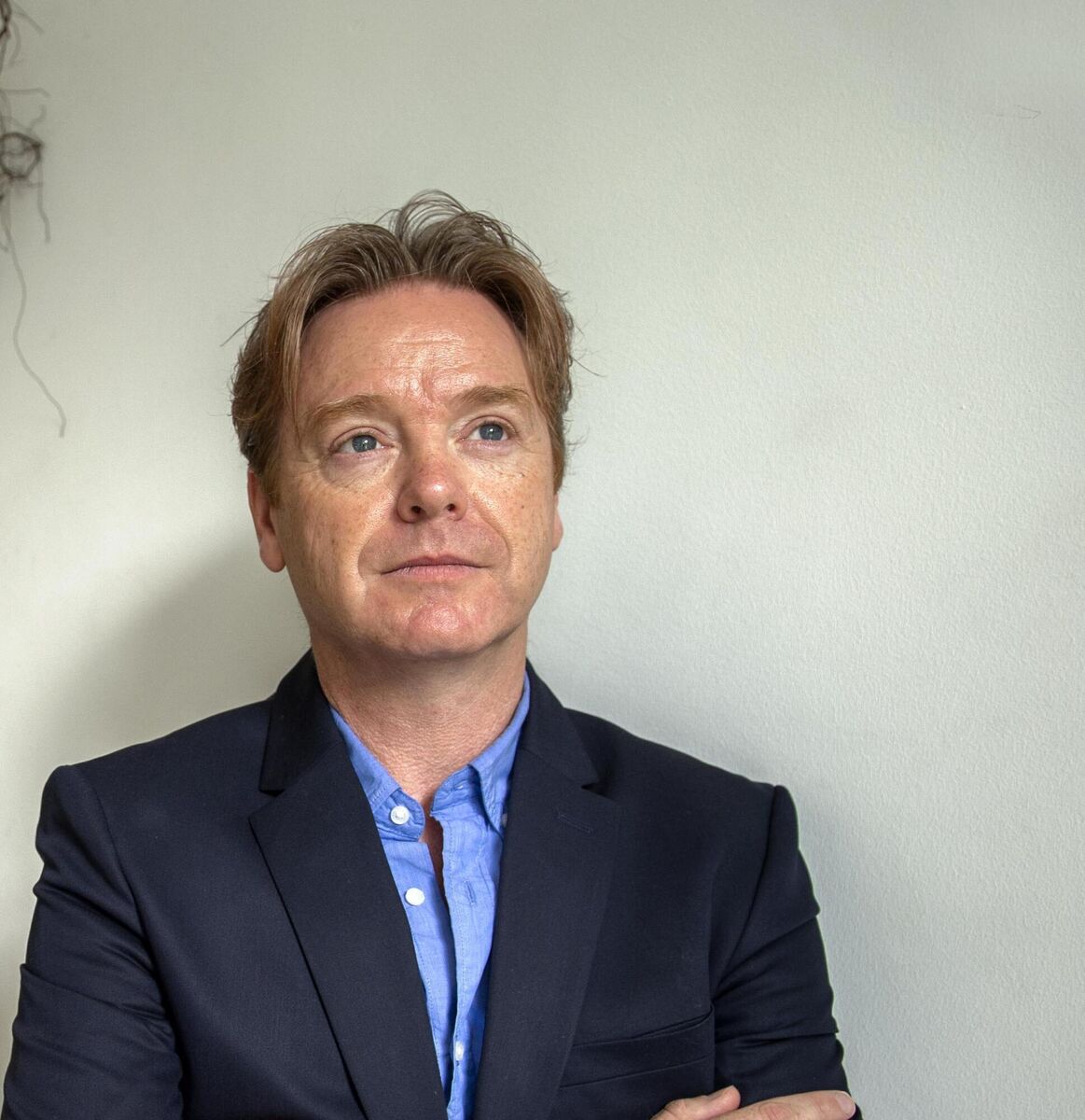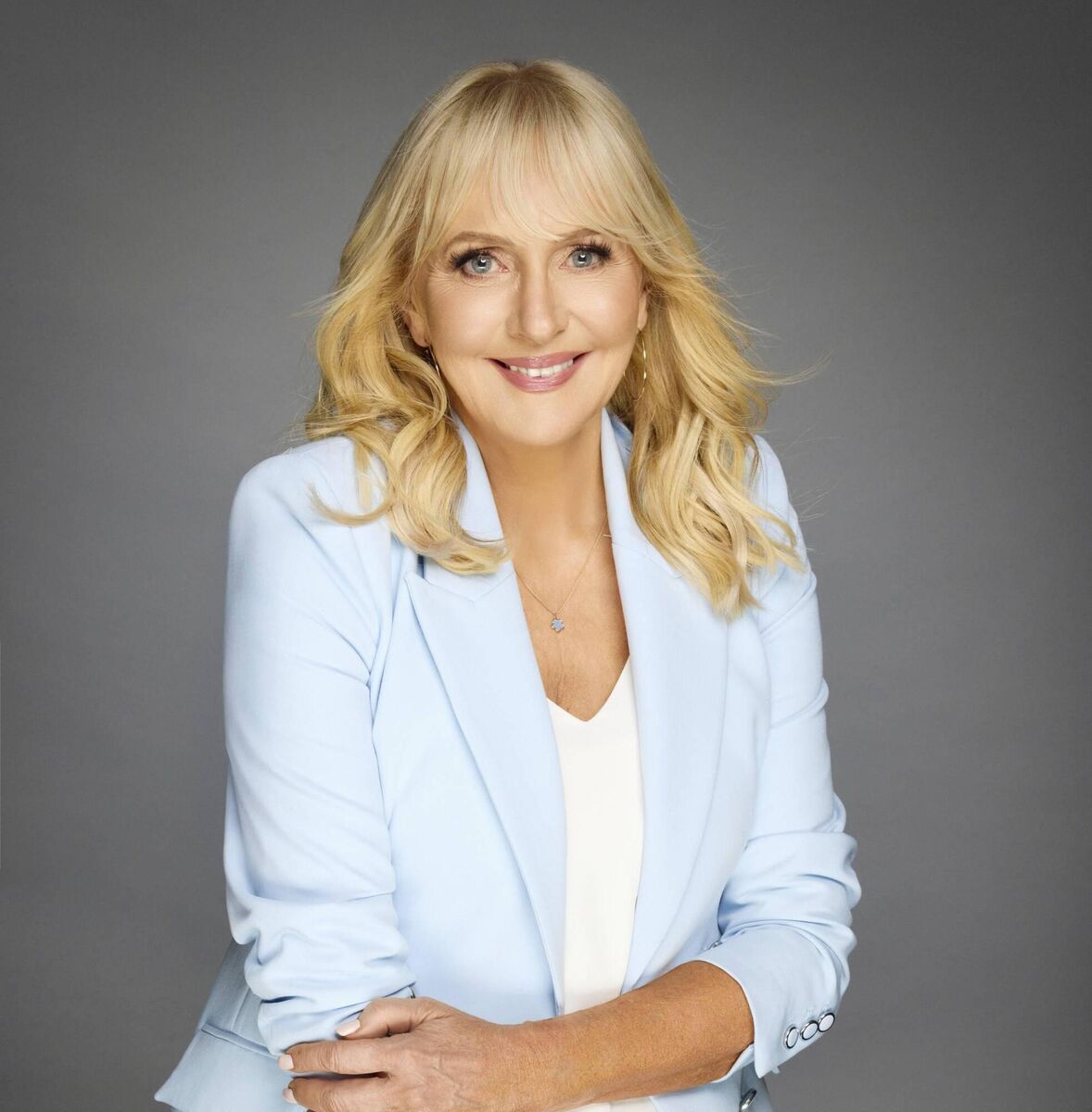Deepfake scams: How AI fraudsters used David McWilliams and Miriam O’Callaghan to trick victims

Scam fraud security warning crime internet technology phishing online alert digital risk protection 3d threat background with danger message spam cyber concept hacking attack email sms caution symbol.
If one of the country’s most well-known economists promoted a lucrative investment opportunity promising astronomical returns, would you go for it?

The past three months have seen a surge in investment fraud cases reported to the gardaí, the BPFI said, with this ranging from small-scale cryptocurrency scams to larger investment-related fraud.














